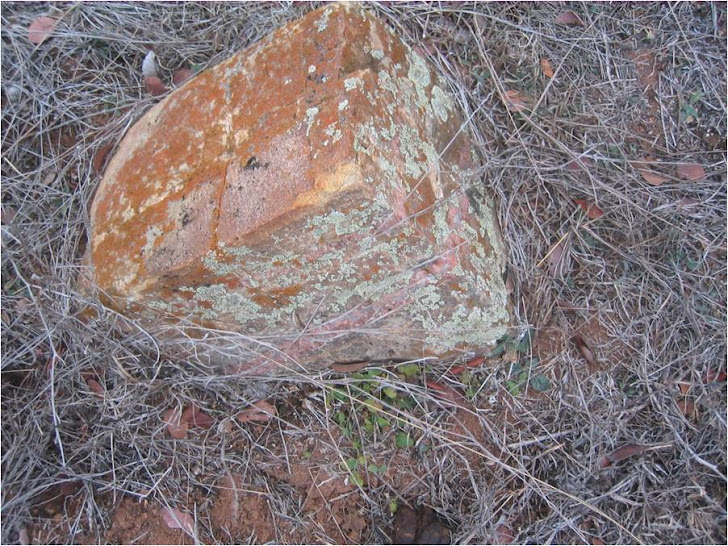Thank you Charles Daniels for another post.
“The Forty” or Die Vierziger was a fraternity of German students with chapters at the universities of Giessen and Heidelberg and the industrial academy of Darmstadt Texas Tusculum near New Braunfels
The following is a list of names of this group that made the trip to Texas as found in Biesele, History of the German Settlements in Texas, pages 155 and 156 quoting – Quarterly of the Texas State Historical Association, Volume 3, pages 34 and 35 and in Deutsche Pioniere in Texas, page 26– Adolph Paul Weber – [as found in a footnote in Biesele]
Names in Biesele#
1. Dr. Ferdinand von Herff
2. Dr. Leopold Schulz.
3. Gustav Schleicher
4. Lerch
5. Philip Zoeller
6. Wilhelm Zoeller
7. Wundt
8. *Fuchs
9. Theodor Schleuning
10. Amelung
11. Christian von Hesse
12. Julius Wagner
13. *Herrman
14. Friedrich Schenk
15. Jacob Kuechler
16. Adam Vogt
17. Strauss
18. Christian Flach
19. *Schunk
20. Neff
21. Adam Teichert
22. Adolph Hahn
23. Fritz Louis
24. Kappelhoff
25. Michel
26. *Ottmer
27. Peter Bub
28. *Mertins
29. Backoften
30. *Lindheimer
31. Edward Mueller
32. *Rock
A.P. Weber list includes: Herman Spiess, Kattmann, Kappel, Zentner, Hoerner’ Louis Reinhardt, and Obert instead of the names marked by a “*” above.
